Consent and capacity (easy read)
Helping you make important decisions.
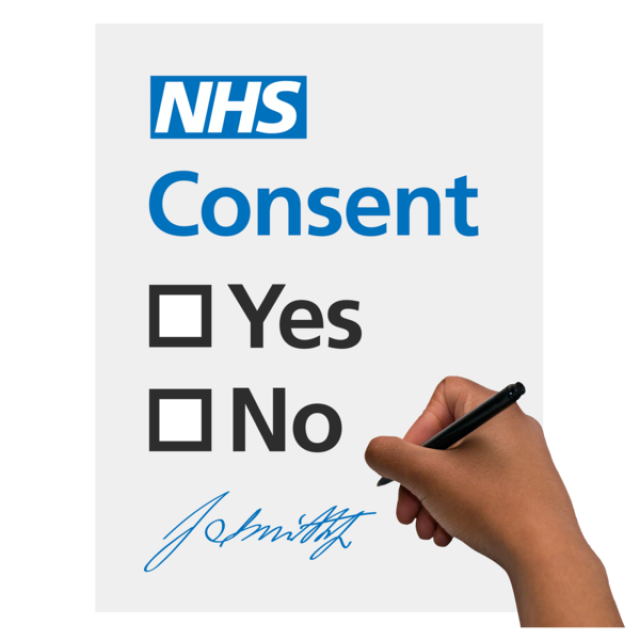
Consent is choosing whether to say yes or no to something that involves you.
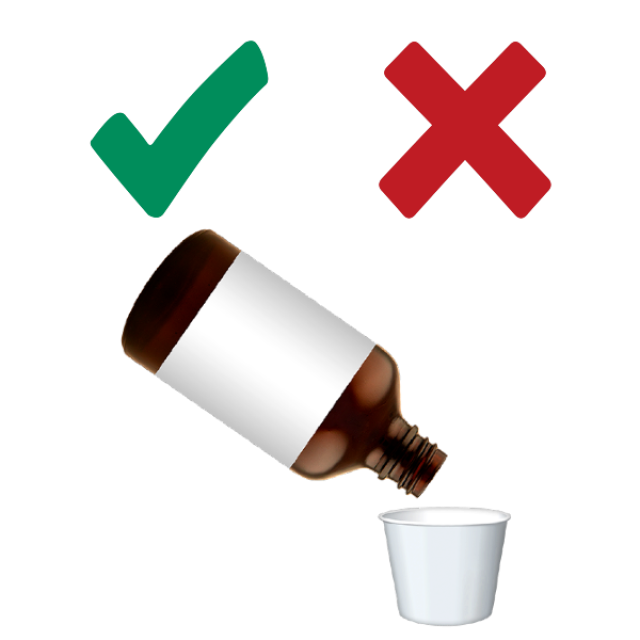
This might be saying yes or no to:
- Choices about your health, like taking medication

- Where you live
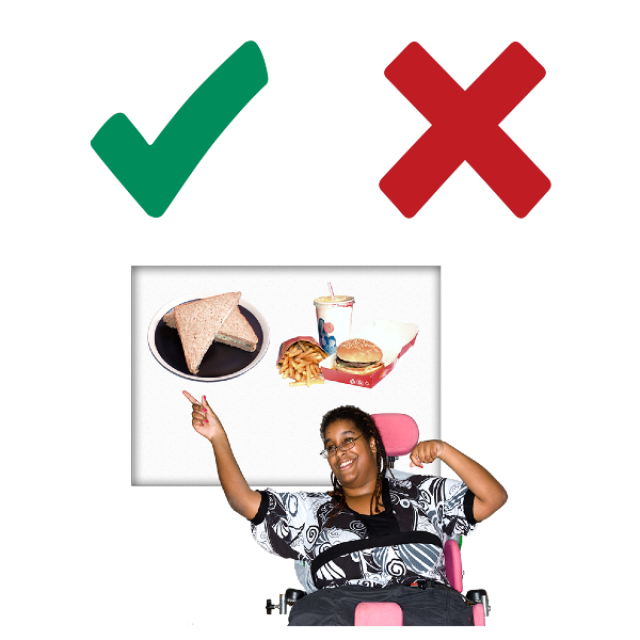
- What you eat

You have the right to say no.

It is your choice.
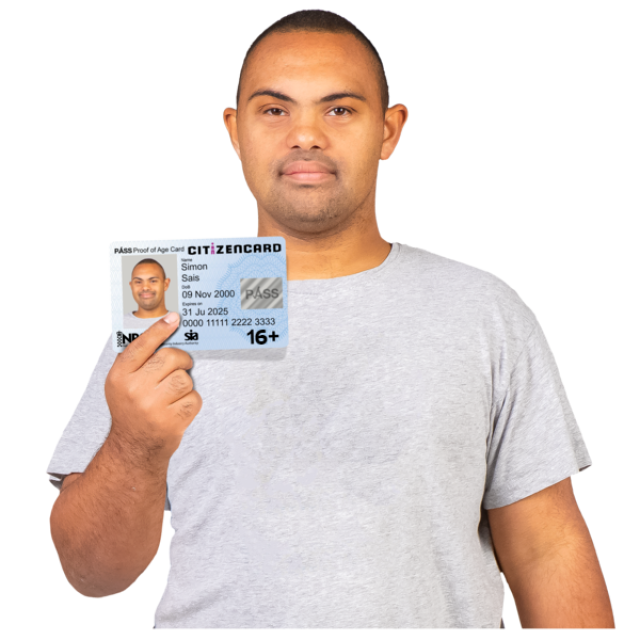
You can make these choices if you are over the age of 16.
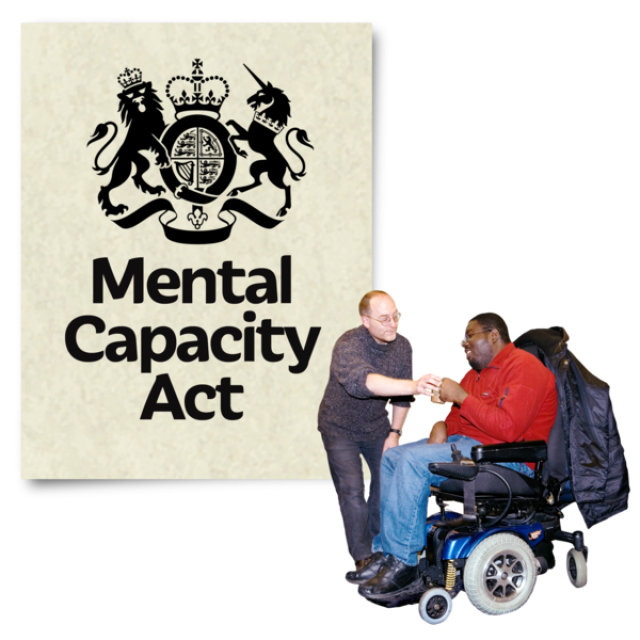
There is a law called the Mental Capacity Act 2005.

This law helps people be included in decisions about their lives.
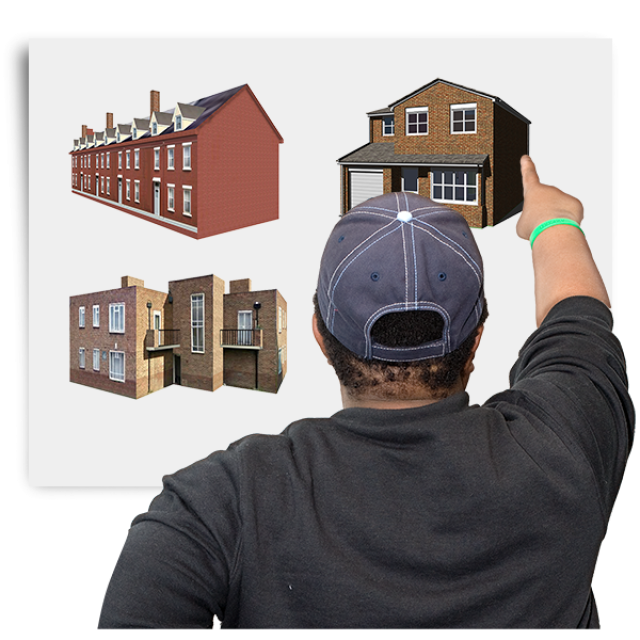
It is important that you understand the choice you are making.

The people who support you should spend time helping you understand.
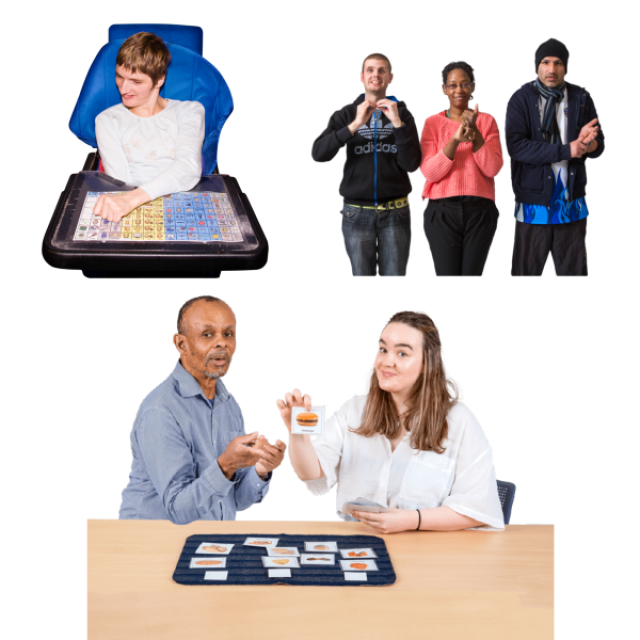
They should communicate in the best way for you.
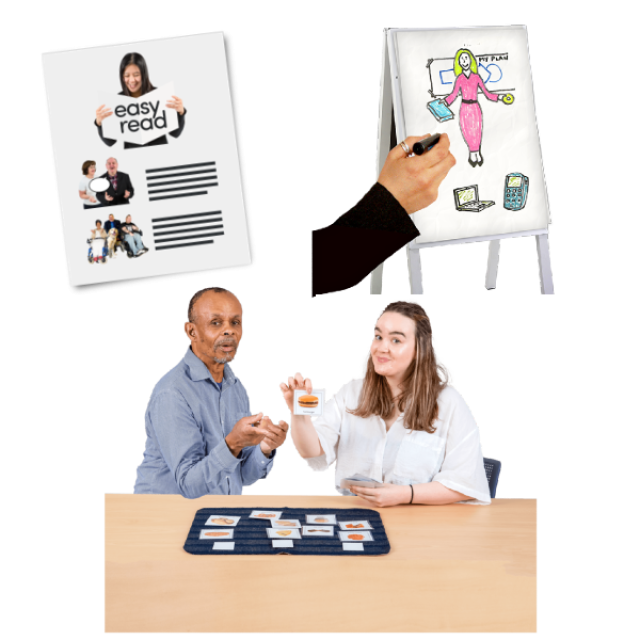
Pictures, drawings and Easy Read guides might help you.

It might be better to talk to you when you are feeling relaxed.

You might need help from someone who knows you well.

You need to understand the choices you are making.
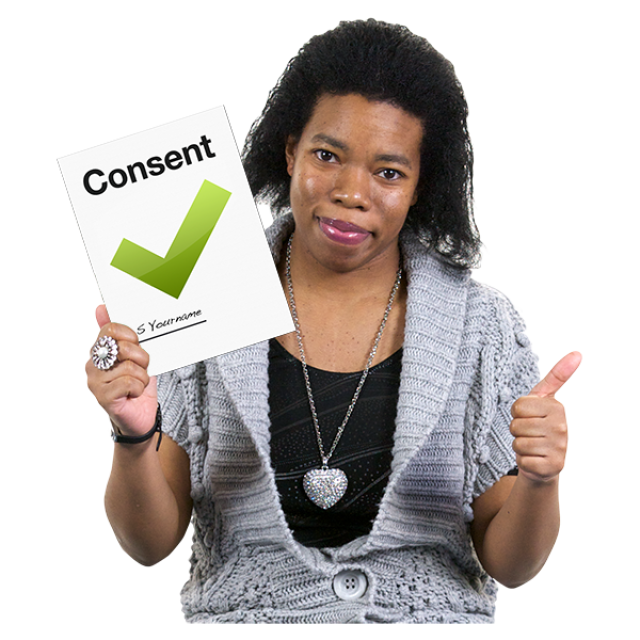
This is called having ‘capacity’.
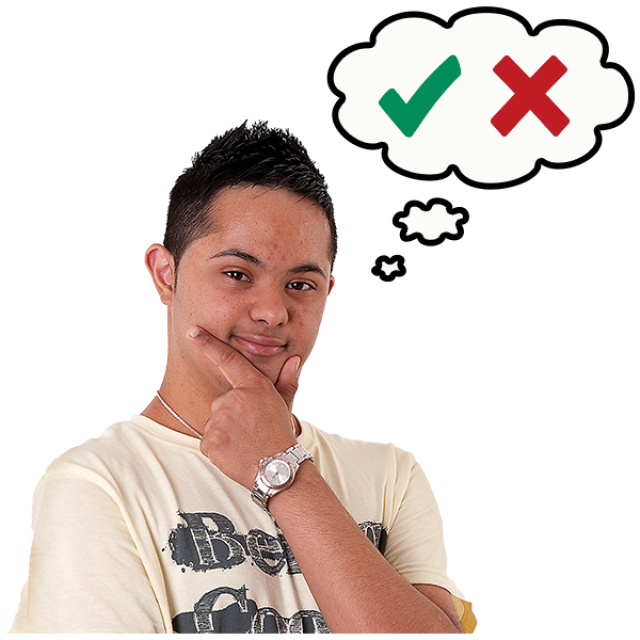
You need to be able to remember what you are being told long enough to make the choice.

You need to be able to tell someone your choice.

You do not need to be able to speak to make your choice.
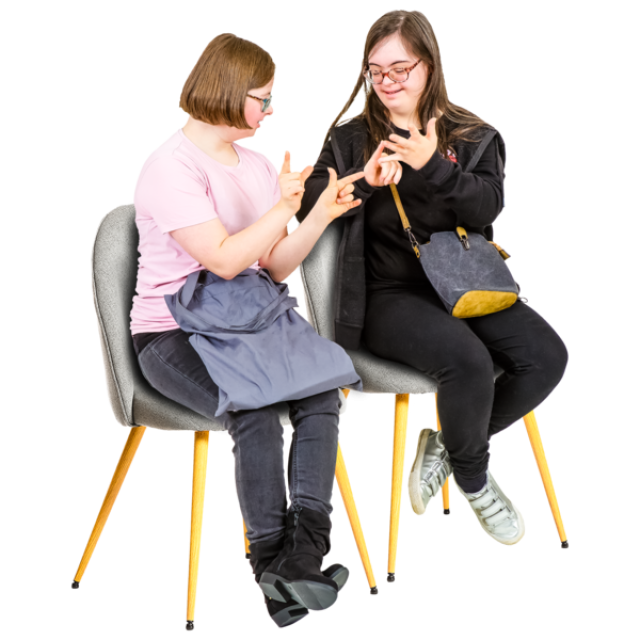
Tell someone your choice in a way that works for you.
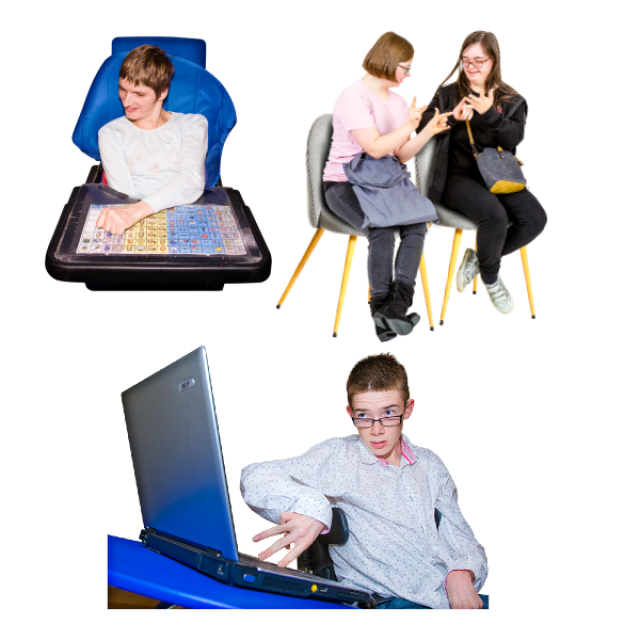
This could be using Makaton, pictures or a computer.
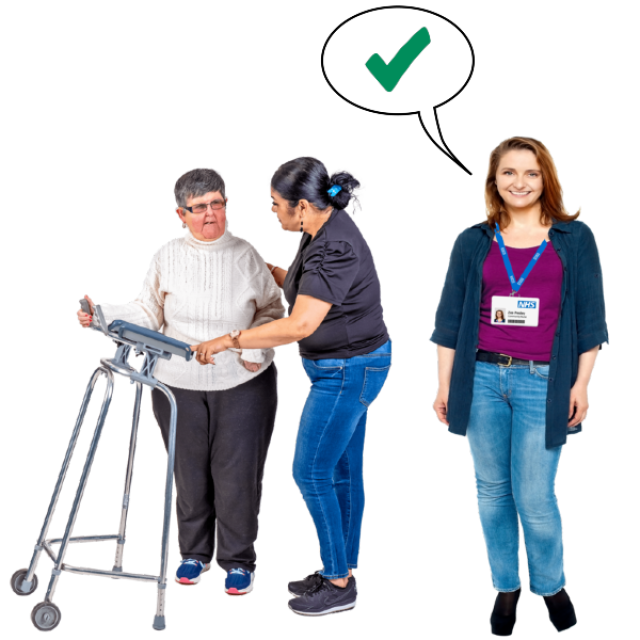
If your support worker thinks you do not have capacity, someone else might have to make the choice for you.
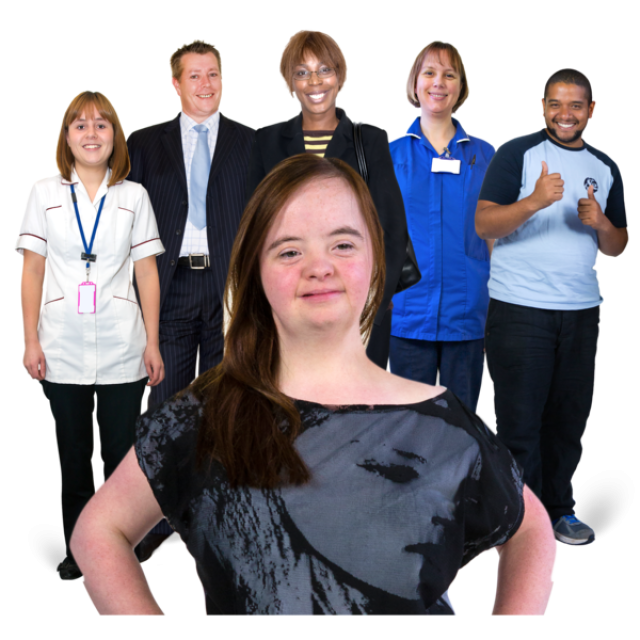
This might be a family member, doctor or support worker.

They can only give consent if it is agreed by a court that you do not have capacity.
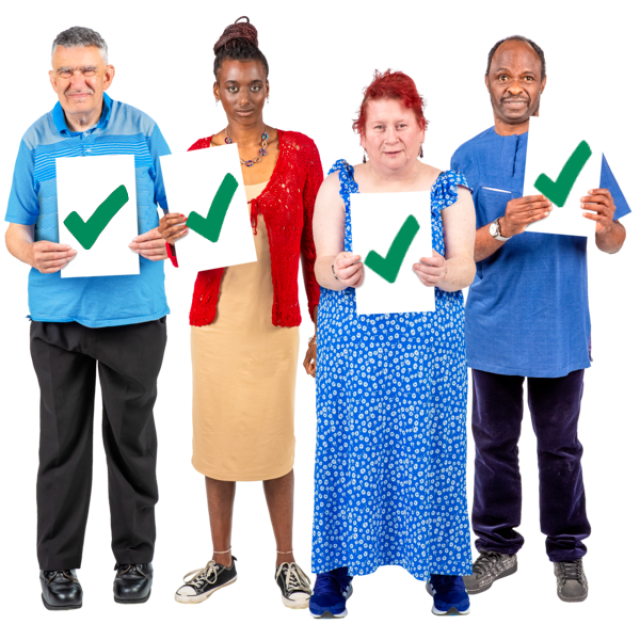
A court is a group of people who understand the law and will make the right decision.
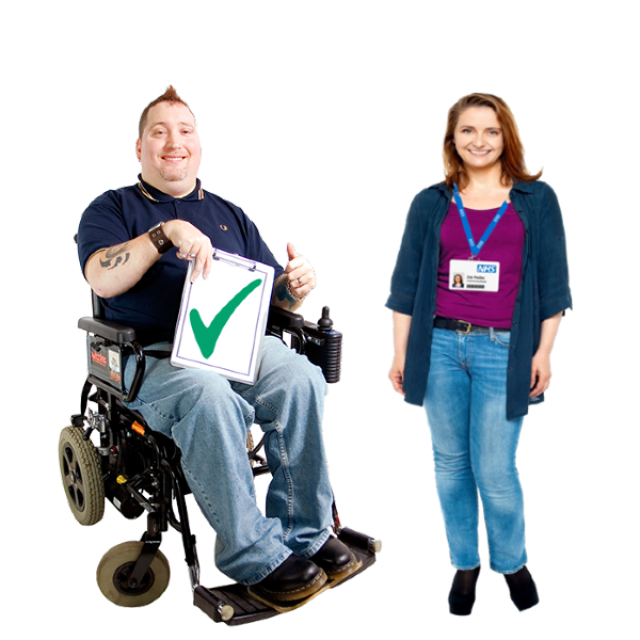
This is to make sure the right choice is made for you.
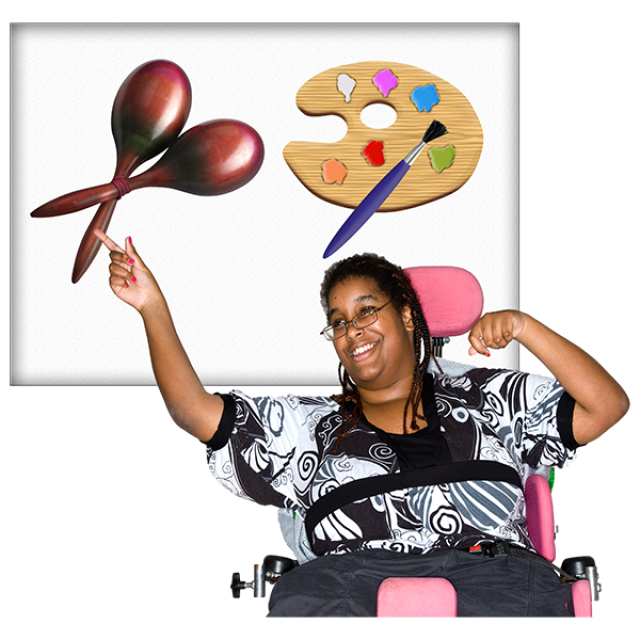
This does not mean you can not make other choices.
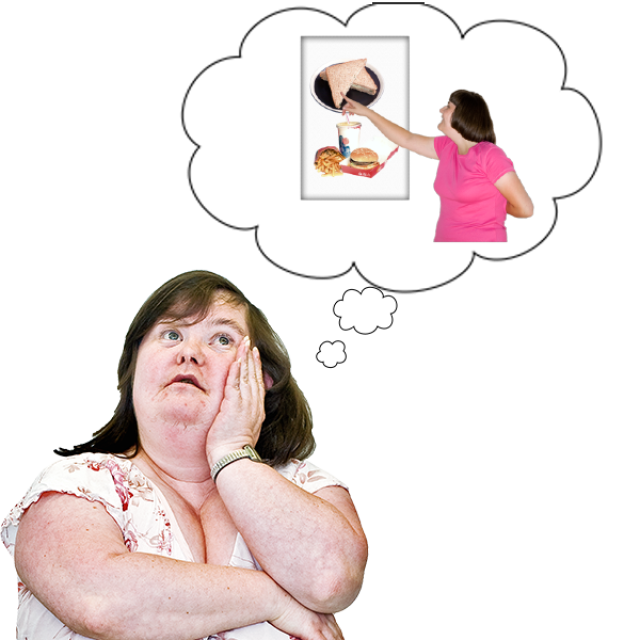
You might be able to make the same choice again in the future.

The law on consent and capacity can be hard to understand.
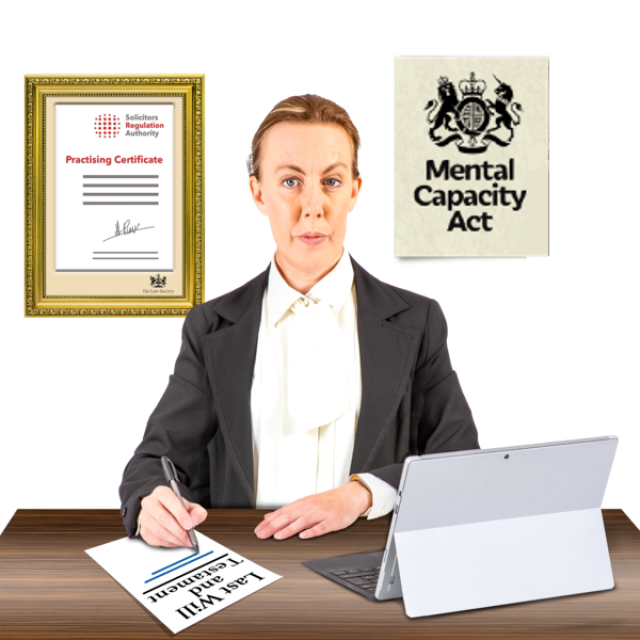
If you need help, you should speak to a solicitor who knows about consent and capacity.

A solicitor is a person who gives advice on the law.

The National Health Service (NHS) has good information on the Mental Capacity Act.
You can find it on the NHS website www.nhs.uk.

